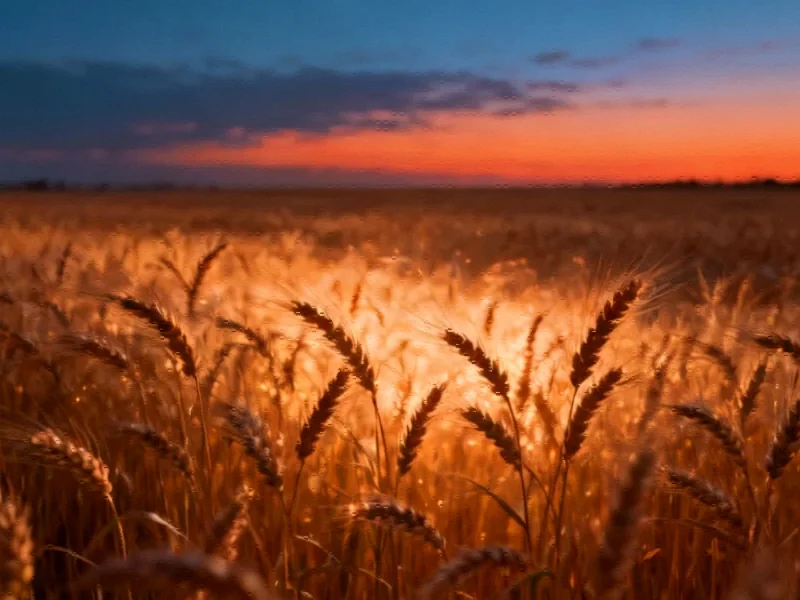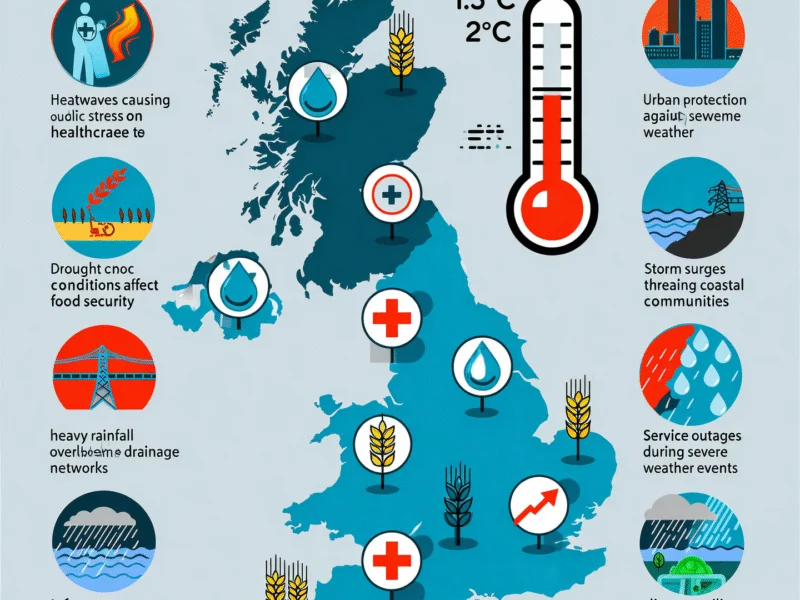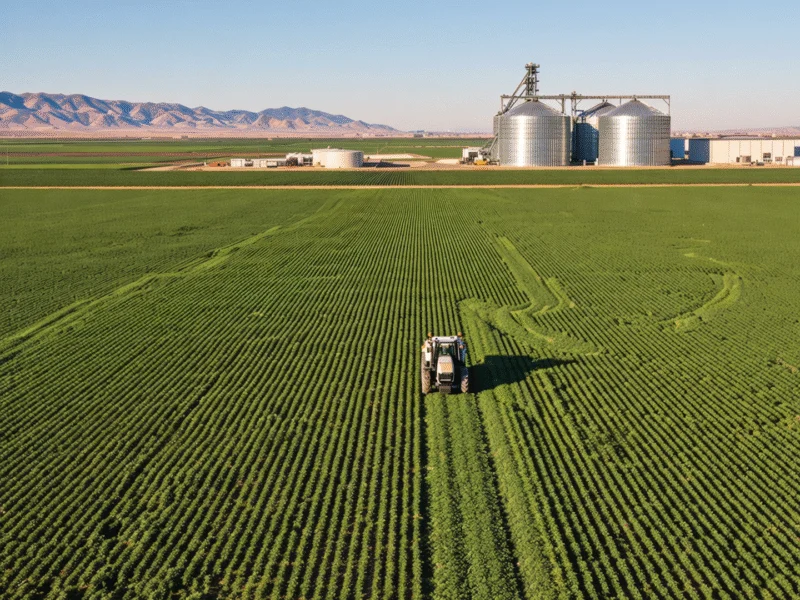Researchers Map Rural Heat Islands to Protect Farmworkers from Climate Dangers
Researchers from San Diego State University are deploying advanced monitoring technology to map rural heat islands in California’s farming regions. The study aims to develop better protections for farmworkers facing increasingly dangerous temperatures due to climate change.
The Human Cost of Harvesting in Extreme Heat
For farmworkers like Raul Cruz, beating the heat means starting work before dawn in jet-black darkness. By the time most office workers are brewing their first coffee, Cruz and his colleagues have already put in hours chopping sugarcane in California’s Imperial Valley, desperately trying to finish before temperatures become unbearable.





